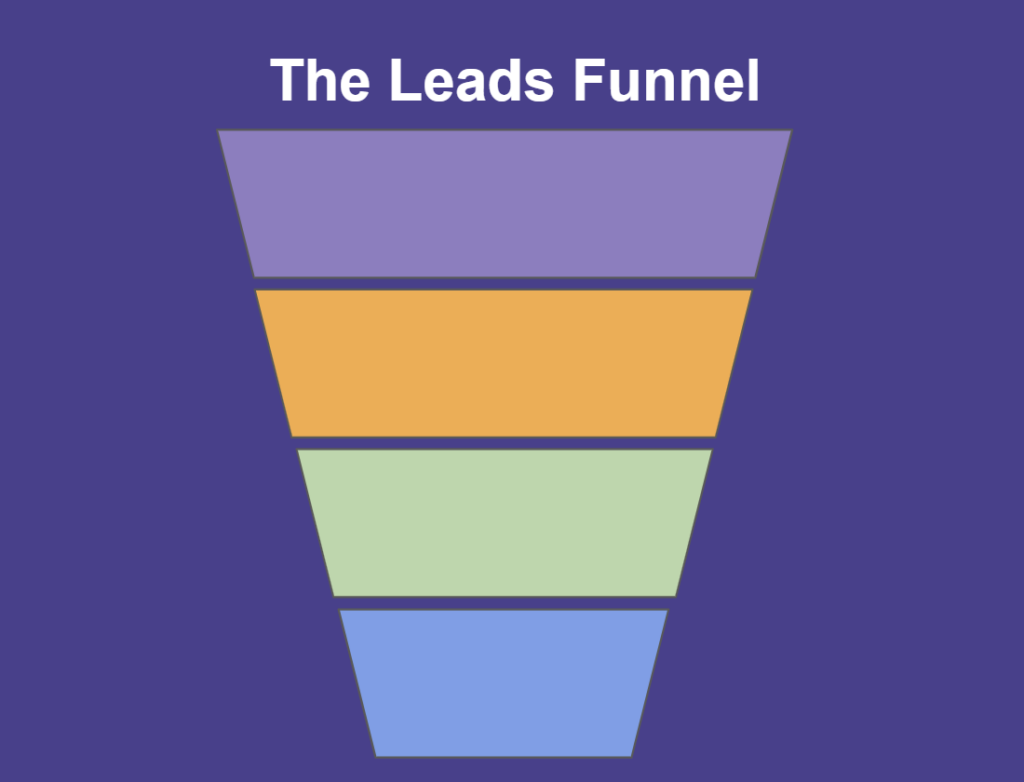


In the worlds of coaching, consulting, and sales, the ability to ask good questions is like having a secret weapon in your arsenal.
But what exactly are these questions, and why are they so important?
Let’s dive in and explore the benefit of asking the right questions. We’ll also share some valuable tips on how to master this essential skill.
Good questions are those that provoke thought, encourage reflection, and elicit meaningful responses. They go beyond surface-level inquiries to delve into the heart of the matter.
Whether you’re:
… asking good questions is the key to unlocking success.
It is essential to grasp the distinction between open and closed-ended questions. These two types of questions serve different purposes and elicit different types of responses.
Open-Ended Questions: Open-ended questions are designed to encourage expansive responses and invite the speaker to share their thoughts, feelings, and experiences freely.
These questions typically begin with words like “What,” “How,” or “Tell me about.”
They prompt the respondent to provide detailed answers resulting in deeper reflection and conversation.
Open-ended questions are valuable for exploring complex issues, uncovering insights, and building rapport with clients or prospects.
Examples of Open-Ended Questions:
Closed-Ended Questions: In contrast, closed-ended questions are designed to elicit specific, concise responses that can typically be answered with a “yes” or “no” or a brief statement.
These questions often begin with words like “Are,” “Do,” or “Have.”
While closed-ended questions are useful for gathering factual information quickly and efficiently, they tend to limit the scope of the conversation and may inhibit deeper exploration of the topic.
Examples of Closed-Ended Questions:
Now that we’ve covered the basics of question types, let’s explore why asking good questions is so important.
Good questions help build rapport with clients or prospects by demonstrating genuine interest and empathy.
They lead to richer conversations, enabling you to gain a deeper understanding of your client’s or prospect’s needs and objectives.
Moreover, good questions empower individuals themselves to explore new perspectives and challenge assumptions
There are also a few pitfalls to avoid. Avoid bombarding clients or prospects with too many questions at once, as this can feel overwhelming and intrusive. Do not judge the responses. Instead ask clarifying questions.
Strive for a balance between asking insightful questions and allowing space for thoughtful responses.
Additionally, steer clear of questions that are overly complex or convoluted, as these can confuse or frustrate clients or prospects.
In the quest to ask open-ended questions, having the right tools at your disposal can make all the difference.
One powerful tool that promotes self-reflection and sets the stage for meaningful dialogue is the “Wheel of Life” assessment. This tool provides individuals with a visual representation of various aspects of their lives, such as career, relationships, health, and personal growth.
Consultants can also use a Maturity Model assessment to do this.
By seeing a snapshot of their satisfaction across multiple categories, individuals gain valuable insights into areas where they may be thriving and areas that may require attention.
Such an assessment can be customized for any domain or area.
Armed with this self-awareness, coaches, consultants, and salespeople can ask open-ended questions that delve deeper into clients’ thoughts, feelings, and aspirations.
This lays the foundation for rich and insightful conversations that lead to greater clarity, understanding, and growth.
In conclusion, asking good questions is an indispensable skill for coaches, consultants, and salespeople alike.
By mastering the art of asking probing questions, you can unlock deeper insights.
So, the next time you find yourself in a coaching session, consulting engagement, or sales conversation, remember the power of asking open ended questions. Watch as it transforms your interactions and drives success.
Get started with a 14 day free trial. Create a Wheel of Life or another custom assessment such as a Maturity Model assessment suitable to your business.

Feeling frustrated with lead generation?
Take this free, 5-minute quiz and get more prospects into your leads funnel.
Instant Results. Actionable recommendations. Email required.
Find Your Score >>